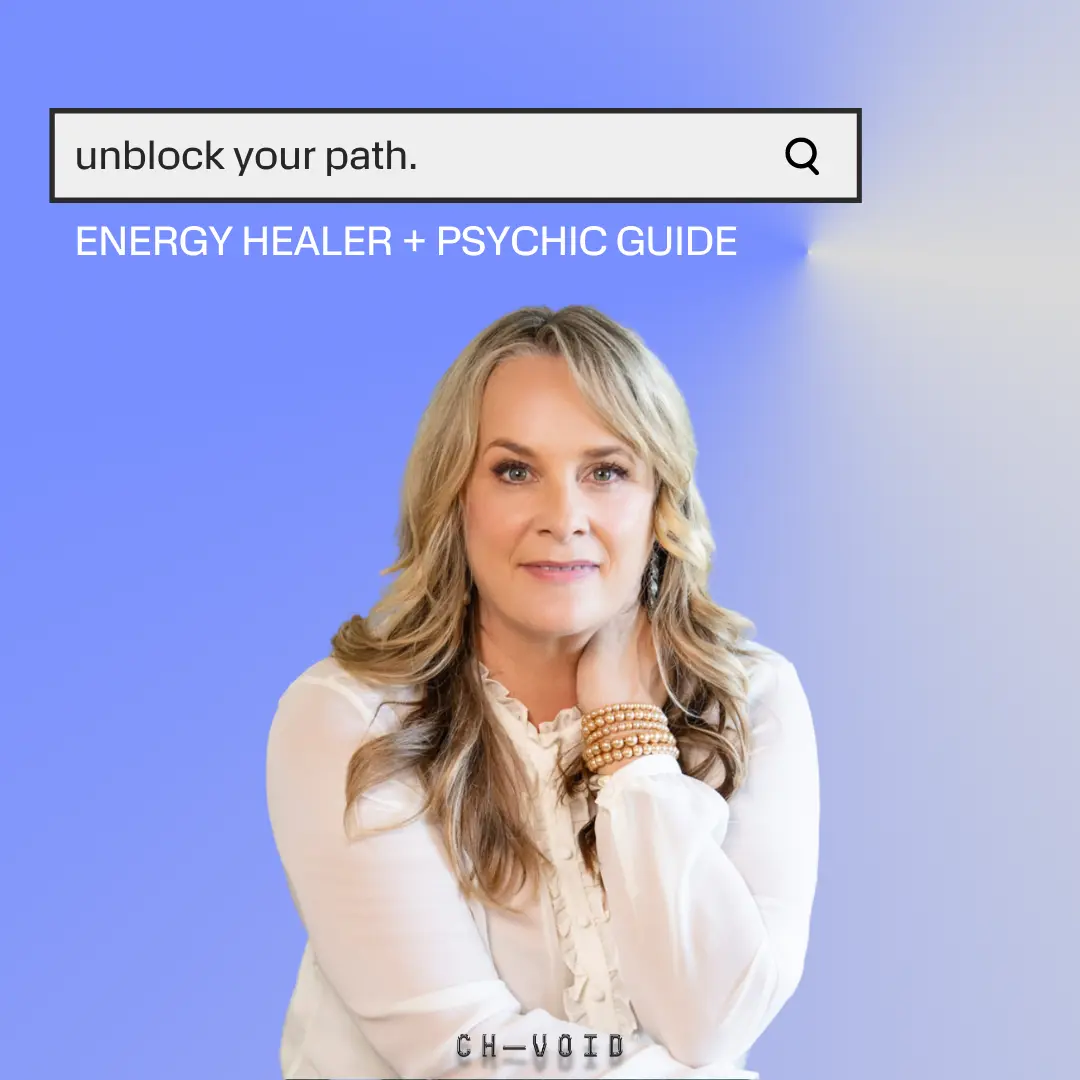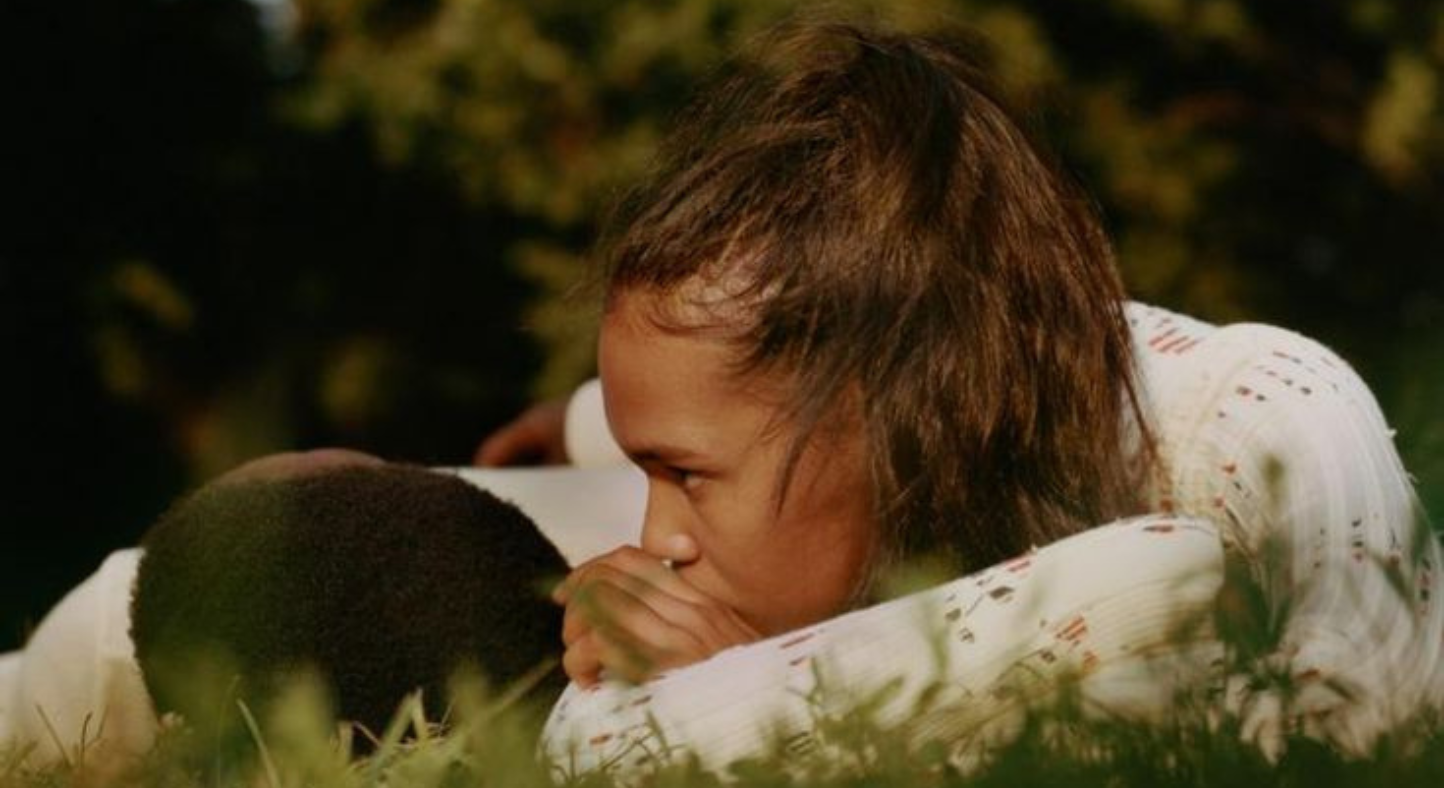Bogan Buddhism
Schooners and spirituality can mix.
“Meditation? Get fucked. “
– A mate at the pub.
Imagine setting yourself on fire.
The cover of Rage Against the Machine’s debut album was Malcolm Browne’s 1963 photograph of Thích Quảng Đức, a monk self-immolating in protest against the Catholic president’s violent oppression of Buddhists in Vietnam. No moving or screaming was reported – he remained in cross-legged meditation throughout a horrific death.
How could you ever control your own mind and body that much? What does it take? Magic? Gods? Physiological practice?
There’s a lot of mystical shit woven throughout Buddhism. In regional Australia, churches are everywhere, with signs espousing how much Jesus knows and cares. Any deeper discussions can be cause for cynicism or dismissal. With such homogenous ways of thinking, is there room for bogan Buddhism? Is there an appetite for bogan yoga?
I first cried after meditation at a party on the south coast, celebrating the birthday of my friend and fellow Channel Void author Barron. We got pretty fucked up. It was on their leafy property by the river, a beautiful spot. Many of us were in the events business so there was a bit of a setup. To avoid noise complaints, we had silent disco headphones for the d-floor after midnight. At the end of the setlist was ‘Guided Meditation’, scheduled for the 6 am survivors. I didn’t realise it would actually be ‘Guided Healing Meditation.’
I’d been curious about all this for a long while. Another friend, Alex Wang, had left uni to work and study at The City of 10,000 Buddhas (hereafter ‘The City’), a monastic community with a small university, school, residential halls, the temple, and a quality vegetarian restaurant. When Alex next visited Australia, his demeanour was far from his old self. The self itself was something to cleanse yourself of in Buddhist practice.
“But I like myself,” I’d said. “Do I…?”
Alex was smoking. He’d given up everything else.
“That’s the very thing, though,” he said. “You have to interrogate the human condition, the ego, while not succumbing to it. Hence needing the clarity that meditation brings. In Buddhism, non-clinging (rather than suppressing) our human flaws and desires is the key to discovering our essential nature. That is the Buddha, that everyone has within them, believer or layman, rich or poor, animals even. To transcend the human condition takes some superhuman feats, but enlightenment is nonetheless already within you, waiting to be realised.”
“Are you still overcoming your condition of ciggie addiction?”
He giggled, and inhaled. “Soon, soon.”
So by the time I was sitting near the riverbank at Barron’s, the first glow of the morning sun spilling through the sky, still high but on the comedown, cross-legged with ten other blokes with blankets wrapped around our laps, a woman’s voice speaking through our headphones, I was primed to dive in.
I thought it would be relaxing. I wasn’t expecting a therapy session of inner metaphors and self-compassion. After the 20 minutes, I opened my stinging, tearful eyes to see that only one other fella had stayed the distance. We hugged, chatted about it all, and went kayaking with Barron on the river, right at the tip of the tides, the cool morning stillness broken only by birdsong.
I had some shit to sort out. The following year I found myself with Alex at The City during my North America travels. He’d quit smoking by the time I arrived on a Greyhound from San Francisco to Ukiah, near The City. Normally overnight guests are not permitted unless they are actual volunteers, staying for long periods. They require applications at least a month in advance. I called Alex a week before. He hustled the admin – even a Buddhist community is not free from bureaucracy – and I arrived for two days of immersion into their monastic life.
It was a place so spiritually raw that it could hurt you. Some devotees even went crazy, Alex said. I was already crazy, so that wasn’t going to be a problem.
The City was founded in the 60s by Venerable Master Hsuan Hua, known for bringing Chinese Buddhism to the US. The Cuban Missile Crisis erupted while he was living in San Francisco. To pray for world peace, he embarked on a 35-day fast beneath the threat of global nuclear annihilation. Perhaps it worked. We didn’t get wiped out, but we didn’t find peace.
How can we find peace? Meditation helps, even for a bogan sceptic. For some, meditation is like popping your mind above stormy clouds, into clarity. For me, it’s like everything rattling around in my mind calms down, and I can be curious from a neutral, objective place, our essential nature, unattached in the midst of thoughts and emotions, without becoming a cold, unfeeling robot. They are merely parts of you, naturally conflicting incentives and biological motivators. Like water, let it flow, let it go. It is a subtle yet significant paradigm shift from thinking, “I am suicidal,” to “One part of me wants to protect me from pain, via suicide.”
Meditation can simply be focussing your attention – on your breath, or anything – until all else slips away. Other practices encourage you to meditate on your body, imagining all the yuck bits that you actually need to survive (and to appreciate), even focussing on your own rotting corpse so as to appreciate the reality of life, death and human biology – i.e. existence itself. Meditating during exercise is an excellent method of practice – reframing pain itself as a constructive experience. Ultimately, it should integrate with your everyday waking life, embedding mindfulness. Of course, I still get carried away sometimes.
Mindfulness reinforces other lessons. Suffering binds us all. Compassion for all living beings is key, especially for yourself. Buddhism, like Integrated Family Systems in psychotherapy, has a non-pathological approach to humanity. Instead of claiming everything is sinful, it acknowledges what is natural about humans and addresses these without judgement.
Our essential nature is within us, apparently; inherently pure, binding everything together. I consolidated this notion with the pure atomic level where matter and energy become the same thing – in essence, we are all star stuff. Meditating helps us realign with this. We lose it with one moment of distraction, but return with one moment of attention, hence being a continual practice.
Now, when it comes to sex, intoxication, and vegetarianism, I am still a cherry-picking layman; I have not taken up these precepts. Perhaps it’s the bogan balancing the Buddhism. Thankfully, it’s one of the few religions that encourage you to bring your own interpretation and experience to – a collaborative spirituality.
I understand and even agree with the rationales, favouring gratitude and discipline over unreliable, fleeting satisfaction. I am still working through this cognitive dissonance, aided by self-compassion. I still have desires, goals, flaws, friends and family, and plenty of sex and good times still to come, I hope.
Isn’t the suffering worth it?





















